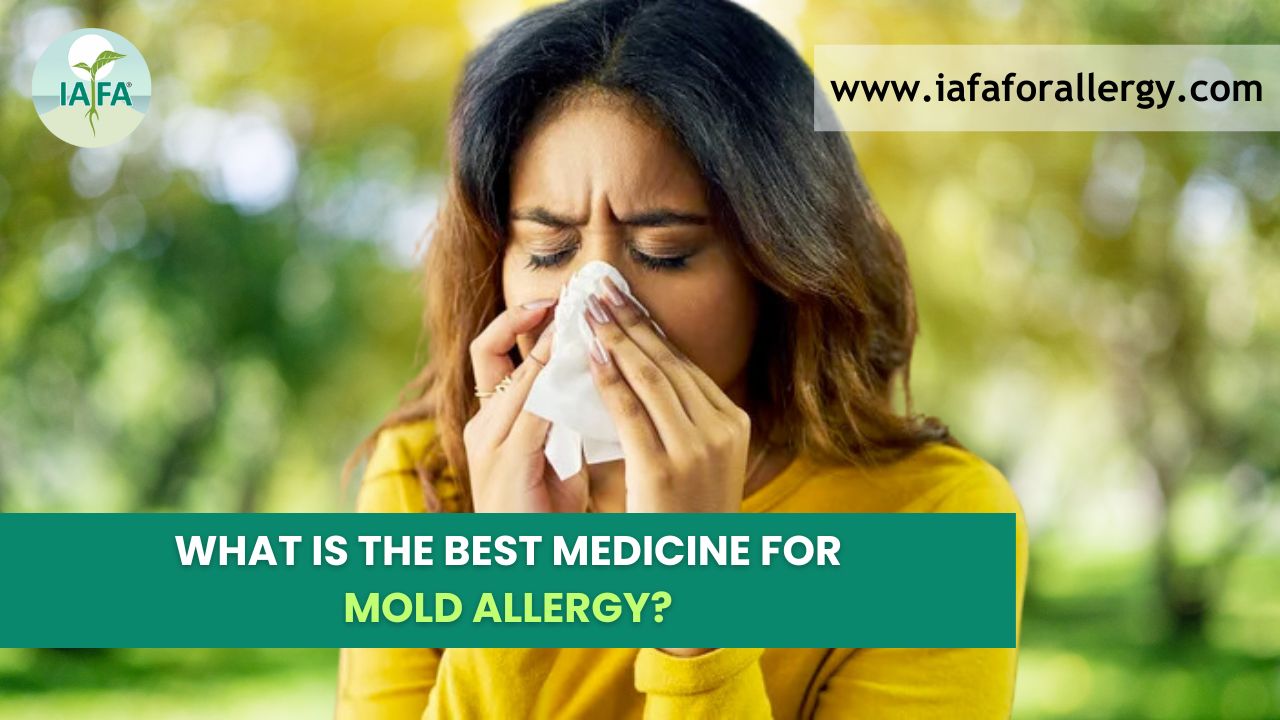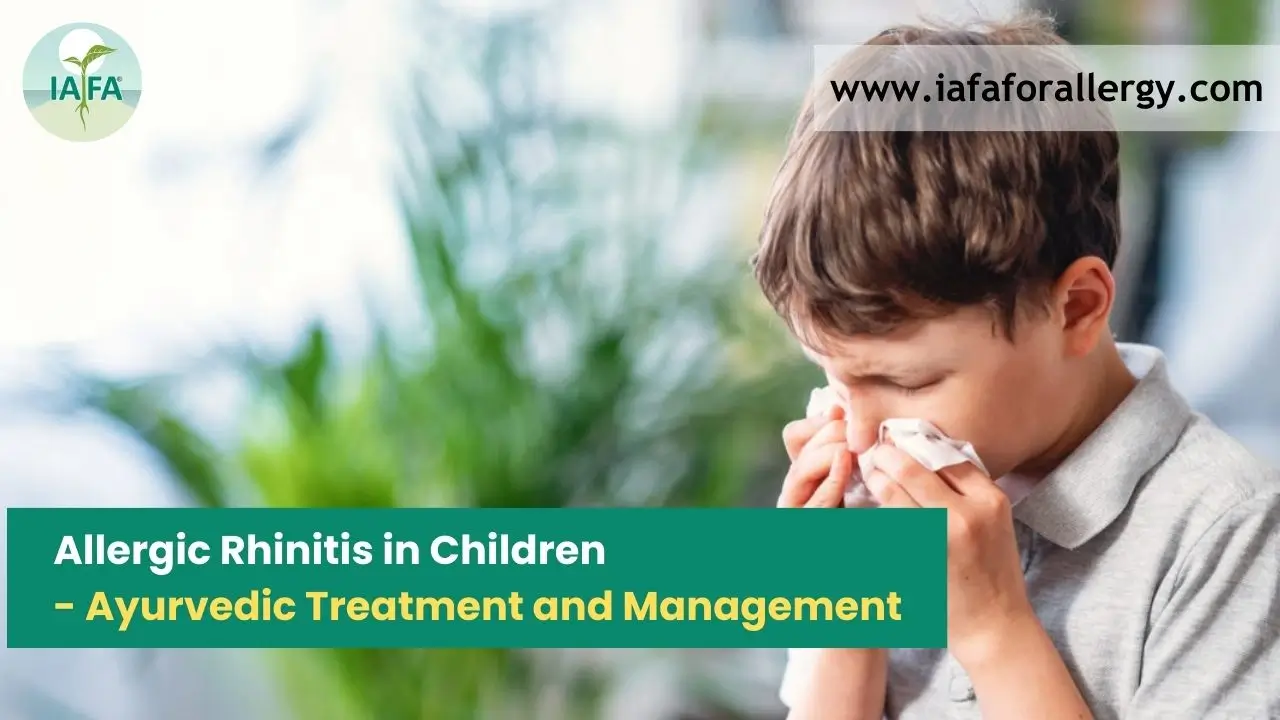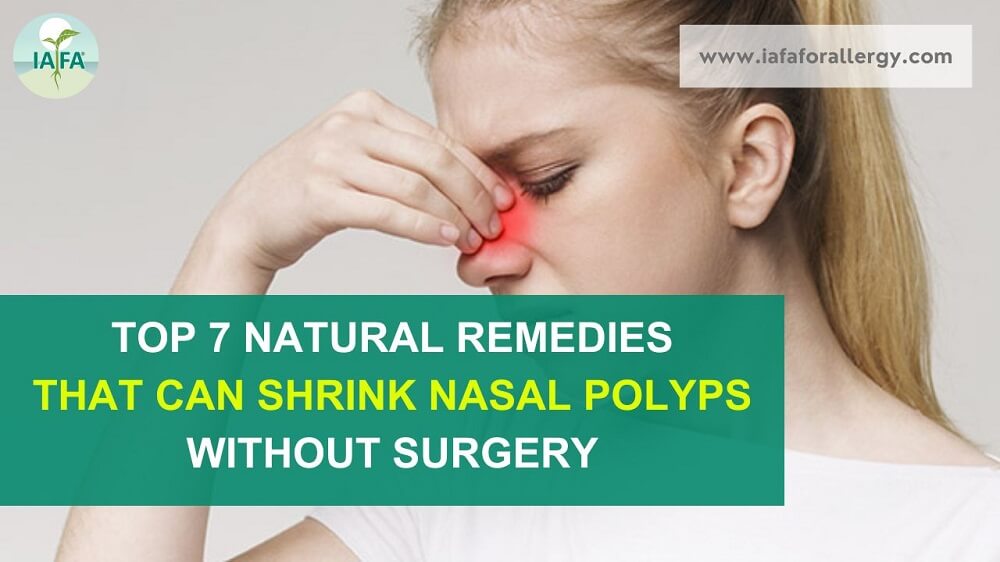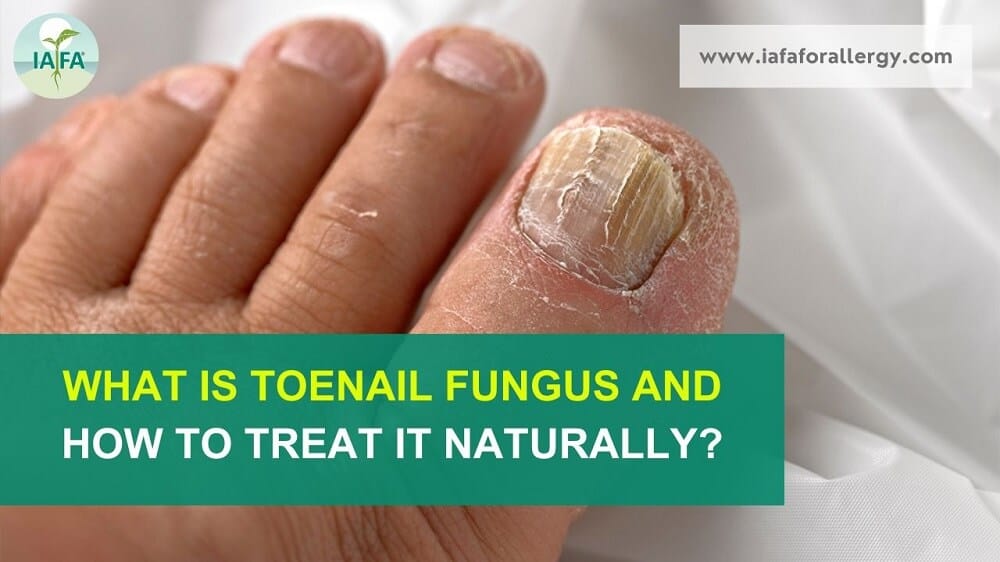What is Mold Allergy?
Mold Allergy is an allergic reaction that occurs when our body gets exposed to mold spores, fungal spores that are found both indoors and outdoors as they thrive in damp and humid environments. Mold Allergy Treatment should be done precisely.
What are the Common Types of Molds that Cause Allergies?
There are various kinds of molds, but molds that cause allergies more profoundly are listed below
- Alternaria
- Cladosporium
- Aspergillosis
- Penicillium
- Stachybotrys
- Chaetomium
- Fusarium
- Mucor
What is Mold Allergy – As Per Ayurveda?
Mold Allergy can be explained as Kaphaj Vataj Pratishyay in Ayurveda and is defined as a type of environmental allergy. According to Ayurveda principles, Mold Allergy is due to the doshic imbalance and accumulation of toxins in the body, which encourages the overgrowth of the fungus. Ayurveda offers the Best Treatment for Mold Allergy.
What are the Causes of Mold Allergy?
Mold Allergy is caused due to mold spores, a type of fungus that is usually present in the environment and is harmless but due to a weakened immune system/ immunity, the fungal spores start overgrowing on the skin, causing inflammation and allergic reactions resulting in the symptoms of sneezing, cough, itchy eyes, watery eyes, skin rash, throat irritation and headache.
Mold Allergy Treatment lies in the treatment of the root cause and hygiene maintenance.
What are the Causes of Mold Allergy – As Per Ayurveda?
Along with the fungus, there are some triggering factors as per Ayurveda which can exaggerate the condition and these include:
- Imbalance of doshas especially the dominance of kapha dosha.
- Accumulation of Ama Visha (toxins)
- Digestive fire (Agni) imbalance
- Weakened immunity
- Imbalance of body constitution.
What are the Symptoms of Mold Allergy – As Per Ayurveda?
Ayurveda explains that mold allergy is due to the aggravation of kapha doshas over the other two doshas and the symptoms can also be related to the same dominated kapha dosha.
1. Breathing Difficulty (Pranavaha Sroto Dushti):- Ayurveda recognizes that mold exposure can lead to breathing difficulties, such as wheezing or shortness of breath, which can be associated with an imbalance in Prana Vata.
2. Digestive Issues (Agni Dushti):- Mold allergies or exposure can lead to digestive issues in some individuals, as Ayurveda emphasizes the connection between the gut and overall health. Symptoms may include indigestion, abdominal discomfort, or changes in bowel habits. Mold Allergy Treatment is done inclusively for the following symptoms.
3. Skin Rashes (Twak Dushti):- Skin reactions or rashes may manifest as a result of mold exposure. Ayurveda views skin issues as a reflection of imbalances in the doshas, particularly Pitta and Kapha.
4. Fatigue and Lethargy (Alasya):- Exposure to mold and the accumulation of toxins in the body can lead to fatigue and a feeling of lethargy, Brain Fog is attributed to increased ama in the system.
5. Ama Formation (Ama Sanchaya):- Ayurveda recognizes the role of toxins (ama) in various health issues. Mold exposure can contribute to the accumulation of ama, which may manifest as various symptoms throughout the body. Mold Allergy Treatment includes the elimination of toxins.
6. Vitiation of Prana Vayu (Respiratory Function):- Mold exposure can impact respiratory function and may lead to symptoms such as coughing, wheezing, and nasal congestion, which can be related to the imbalance of Prana Vayu.
Treatment of Mold Allergy in Ayurveda
Ayurveda offers a holistic approach and is the Best Medicine for Mold Allergy as it uses potent single herbs, herbal medicines, and other Ayurvedic procedures. IAFA Ayurveda offers the best online therapy for the successful treatment of mold allergies. You can book your online consultation and enjoy a life free of allergies. As we said above, ayurvedic treatment includes herbs, classical medicines, IAFA’s personalized medications, and dietary and lifestyle modifications.
Herbs for Mold Allergy Treatment
Ayurvedic Mold Allergy Treatment is holistic and individualized and These herbs are often employed to balance the doshas, reduce inflammation, and support the immune system.
1. Turmeric (Curcuma longa):- Turmeric is a potent anti-inflammatory herb that can help alleviate allergy symptoms. It contains curcumin, which has anti-allergic properties and helps reduce histamine.
2. Tulsi (Holy Basil, Ocimum sanctum):- Tulsi is known for its immune-boosting and anti-inflammatory properties. It helps improve respiratory function and reduce mold allergy symptoms.
3. Neem (Azadirachta indica):- Neem has anti-microbial and anti-inflammatory properties and is the Best Medicine for Mold Allergy. It is used in Ayurveda to purify the blood and support the immune system.
4. Licorice (Glycyrrhiza glabra):- Licorice root can help soothe irritated mucous membranes and reduce inflammation in the respiratory tract. It may be beneficial for individuals with symptoms of mold allergy associated with respiratory allergies.
5. Ginger (Zingiber officinale):- Ginger has anti-inflammatory, appetizing and immune-boosting properties. It helps in relieving congestion caused by inflammatory mediators and improves digestion, which is essential in Ayurveda for overall health.
6. Triphala:- Triphala is a combination of three fruits (Amalaki, haritaki, and bibhitaki) known for their detoxifying and immune-enhancing properties. It can help remove toxins (ama) from the body.
7. Shirish (Albizia lebbeck):- Shirish is one of the Best Medicines for Mold Allergy and is known for its anti-microbial properties. It helps reduce allergic reactions caused by mold and improves respiratory health.
8. Pippali (Long Pepper, Piper longum): Pippali is used in improving respiratory function and enhancing digestion. It can be beneficial for individuals with allergies that affect the respiratory tract and remove (ama) toxins from the body.
9. Guduchi (Tinospora cordifolia): Guduchi is an immune-modulating herb that can help improve the body’s resistance to allergies and infections and is used in Mold Allergy Treatment.
Classical Medicines for Mold Allergy
The following classical medicines help in the reduction of mold allergy rashes and other related symptoms.
- Shwas Kuthar Rasa,
- Agastya Haritaki avleha,
- Talisadi Churna,
- Abhrak Bhasam
How Does IAFA Ayurveda Help in the Treatment of Mold Allergy?
IAFA Ayurveda is the leading institution in the treatment of all kinds of allergies of patients from all around the world and offers the best Mold Allergy Treatment. IAFA Ayurveda provides personalized external and internal medications, customized diets, and lifestyle suggestions for the complete treatment of the disease.
Online and Offline Consultation Ayurvedic Consultation Service by IAFA Ayurveda
IAFA Ayurveda offers hassle-free online consultations throughout India and all around the world. Now, allergy treatment has become easy for you as you don’t even need to step out and can avail of our first-class services from Home comfortably and the medicines will get delivered to your doorstep within a limited time. IAFA tops in providing hassle-free treatment of allergies, helping you in living a life free from allergies, Book your consultation now and become a part of our successful health healing stories of patients.
Internal Medicine
Some of the IAFA’s Best Medicines for Mold Allergy that have given the best results are:
Note:- It is always recommended that before using any natural or ayurvedic medicines must consult with an ayurvedic practitioner.
Dietary Changes
There is no specific diet for mold allergies but making certain changes in the dietary habits and the foods we take, can reduce the symptoms of mold allergies.
1. Avoid Mold-Prone Foods: Some foods are more likely to harbour mold, such as aged cheeses, dried fruits, mushrooms, breads and processed or fermented foods. Avoid or limit your consumption of these items.
2. Choose Fresh Foods: Opt for fresh fruits, vegetables, and meats rather than canned or processed varieties. Fresh foods are less likely to contain mold.
3. Inspect Food Carefully: Check fresh produce for signs of mold, especially in areas where mold can thrive, like berries and citrus fruits. Discard any moldy items.
4. Store Food Properly: Keep perishable foods refrigerated, and use airtight containers to prevent mold growth. Use leftovers promptly.
5. Limit Alcohol and Vinegar: Alcohol and vinegar can be fermented and may contain mold. Be mindful of your intake of alcoholic beverages and vinegar-containing condiments.
6. Gluten-Free Diet: Some individuals with mold allergies find relief by following a gluten-free diet. But there is no particular evidence, some may find relief, so better you try and see the results.
7. Antioxidant-Rich Foods: Incorporate foods rich in antioxidants, such as berries, leafy greens, and citrus fruits, into your diet. Antioxidants can help reduce inflammation associated with allergies.
8. Stay Hydrated: Drinking plenty of water can help thin mucus and alleviate congestion, which is beneficial for mold allergy symptom relief.
9. Consider Allergen-Free Alternatives: If you have mold allergies, you may want to explore allergen-free alternatives, such as dairy-free or gluten-free products, depending on your specific sensitivities along with following Mold Allergy Treatment.
Lifestyle Modifications
Certain lifestyle modifications should be made to stay away from mold allergies:
1. Identify and Remove mold sources: Mold sources such as leaks, damp areas, and poorly ventilated spaces should be eliminated in your home and surroundings. Also, clean and remove mold promptly.
2. Use Dehumidifiers: Dehumidifiers can help you to achieve the indoor humidity levels to be less than 50%.
3. Ventilation: Ensure proper ventilation in bathrooms, kitchen, and basements to reduce moisture buildup.
4. Regular Cleaning: Clean and vacuum your home frequently using a HEPA filter to trap mold spores. Pay attention to carpets, upholstery, and curtains.
5. Mold-Resistant Materials: Consider using mold-resistant paint, tiles, and other materials in your home.
6. Limit Outdoor Exposure: When you get to know that you’re allergic to mold spores, check daily mold spore counts, and try to stay indoors when they are high, especially on humid or rainy days.
7. Air Purifiers: Use air purifiers with HEPA filters to remove airborne mold spores.
8. Limit Houseplants: Reduce the number of indoor plants as the soil can harbor mold.
FAQs
What is the Best Medicine for Mold Allergy?
Mold Allergies can be best treated by Ayurvedic medicine as it offers a holistic approach by curing the root cause of the disease. Ayurvedic medicines help in the elimination of toxins, boosting immunity, and fighting infections, so that no recurrence of the disease can be found.
How Can I Stop Being Allergic to Mold?
If you know that you’re allergic to mold, it is always better to avoid coming in contact with the mold. Having contact with mold can worsen the condition. Avoiding exposure and simultaneously taking ayurvedic medicines can completely treat mold allergy.
How Serious is a Mold Allergy?
Mold allergy if not treated at early stages can be dangerous and some types of molds can even cause lung infections and anaphylaxis. Severe allergic conditions can also lead to anaphylaxis, so some types of molds can cause serious allergic reactions whereas some can cause mild allergies.
Is Mold Allergy Curable?
Yes, Mold Allergy can be curable with the use of precise treatment that can heal the condition from its root cause. Ayurveda offers the best holistic approach to the condition by using medicines that cleanse the body from the inside and also external medications that provide an external barrier against allergens.
Wrapping Up
Mold Allergy is a type of environmental allergy that is caused due to a type of fungus that can be found both indoors and outdoors and can grow in numerous damp areas. Different types of molds cause different types of allergies and symptoms also vary depending on the severity, type of mold allergy, and person’s immunity. Mold allergies can be successfully treated by using Ayurvedic medicines. Ayurveda offers a holistic approach to the root cause treatment of the disease.
IAFA Ayurveda leads in the treatment of all kinds of allergies including mold allergy. Dr Sahil Gupta has around 15+ years of experience in the treatment of a wide range of allergies and offers treatment to patients all around the world. You can be in any corner of the world, you can still avail benefits of our services without any barriers online. Schedule your online consultation now with Dr Sahil Gupta and enjoy a hassle-free consultation and get your medicines delivered to your doorstep without any delay. Book the consultation now and enjoy an allergy-free life.









